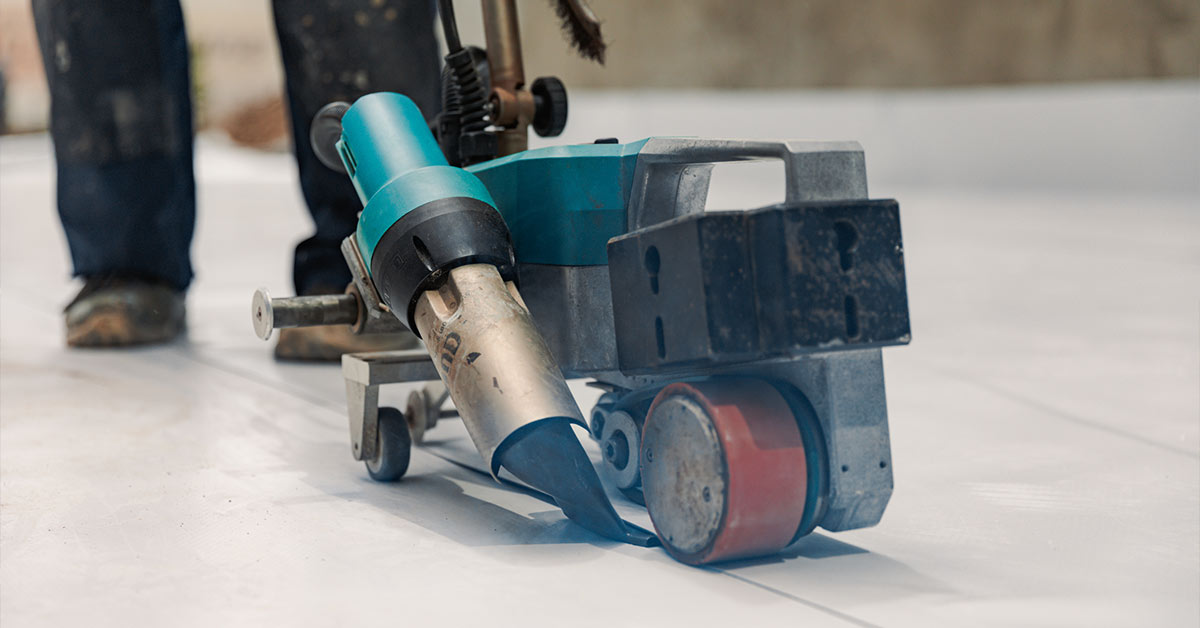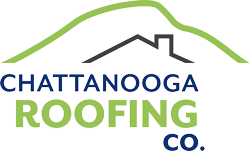
16 Oct. 23
What Type of Commercial Roofing Material Should You Choose?
Selecting the right commercial roofing material is more than just a decision; it’s an investment in the safety, value, and longevity of your building. Your roof is your first line of defense against the elements, and the material you choose can make a significant difference in how well your property is protected. But, what type of commercial roofing material should you choose? Let’s look at that question.
What Type of Commercial Roofing Material Should You Choose?
Every option has its pros and cons, influencing factors like durability, maintenance, and cost. It’s not just about aesthetics or price; it’s about ensuring a steadfast shelter for your business. So, keep reading to learn the crucial factors behind choosing the best roofing material and make an informed decision that safeguards your property’s future.
Roofs, Materials, & Their Types
1. Built-Up Roofing (BUR) Membrane
Built-Up Roofing (BUR) is a traditional roofing system comprising several layers of bitumen and fabrics that hold them together. Usually, these layers are put on top of each other to make a strong, waterproof membrane. Thus, BUR roofing is famous for lasting a long time and handling harsh weather, so you can use it on flat or low-sloped roofs.
2. Metal Roofing
Metal roofing is often used on commercial buildings because it lasts long and doesn’t need much upkeep. It comes in many materials, such as steel, aluminum, and copper. So, metal roofs last a long time and reflect sunlight, which lowers the cost of cooling.
3. Spray-on Silicone
Spray-on Silicone roofing is a seamless and flexible option, and it cures into a silicone rubber membrane. Also, it offers excellent UV resistance and is highly durable. Thus, this roofing material is ideal for roofs with irregular shapes or areas that are difficult to reach.
4. Thermoplastic PVC & TPO Roof Membrane
Thermoplastic PVC and TPO roof membranes are single-ply systems that save energy and resist chemicals, holes, and UV rays. Also, they are lightweight and easy to install, making them a cost-effective option for commercial roofs.
5. Shingle Roofing
Shingle roofing is a versatile option suitable for pitched roofs. Commercial shingle roofs can be made of asphalt, wood, or composite materials. Also, they offer a wide range of styles and colors, allowing for customization to match your building’s aesthetic.
6. Thermoset EPDM Roof Membrane
Thermoset EPDM roof coverings last a long time. They are often ideal on low-slope roofs and are famous for lasting long and being easy to keep up.
Considerations for Choosing Roofing Material
When choosing a roof material, you should think about things like the style of your building, the weather, your budget, and how often you need to maintain the roof. Also, emphasize how long you need the material to last, and consult with your professional roofing contractor about specifics like installation costs and energy savings to find a material that meets both your practical and aesthetic needs.
Conclusion
Choosing the appropriate commercial roofing material is pivotal in safeguarding your investment and ensuring it is resilient against time and nature. If you need further assistance, reach out to Chattanooga Roofing Company. Our experts will guide you through making an informed decision, ensuring that your commercial roofing is not only a protective layer but a valuable asset enhancing your property’s worth and operational efficiency.

